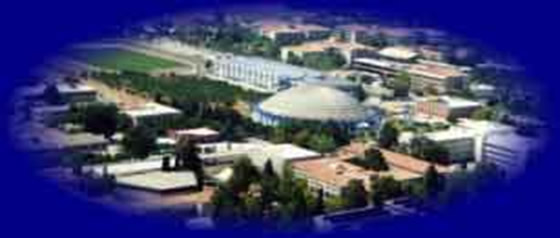Turkey 2006
From 2006.igem.org
Welcome, [http://www.ege.edu.tr EGE UNIVERSITY in Turkey]
 Ege University has been the focal point of education in Izmir, which is the third largest city of the country and the center of industry, tourism, culture of the Aegean Region.
Ege University has been the focal point of education in Izmir, which is the third largest city of the country and the center of industry, tourism, culture of the Aegean Region.
Ege University was founded in Bornova, which is one of the districts of Izmir province. Bornova Campus of Ege University is situated on an area of 370 ha. The campus covers wide range of facilities including culture, sport and social services. Car park, road and traffic signs and directions are available throughout the campus. In addition, intercity, national and international communication from the campus is possible owing to phone lines and computer network.
Since the campus is located on the crossroad of Ankara, Istanbul and Izmir, intercity transportation is very fast. Apart from this, intercity transportation provided by Municipality bus and underground services enable students to reach the campus from every part of the city. Accommodation for students is available on the University Campus. The General Directorate of Students' Credits and Dormitories administers dormitories, which provide facilities for 6000 students.
Definition of Bioengineering
Bioengineering is a discipline that applies engineering principles to biological systems for the purpose of developing new technologies of services to improve the living standards of societies. It exploits the new developments in molecular biology, biochemistry, microbiology, cell metabolism and engineering principles and applies them in order to understand living systems and to bring solutions various problems associated with these systems.
Biotechnology is a popular term for the generic technology of the 21st century. Although it has been utilised for centuries in traditional production processes, modern biotechnology is only 50 years old and in the last decades it has been witnessing tremendous developments. Bioengineering is the science upon which all Biotechnological applications are based.
Bioengineering employs the knowledge and expertise in a number of pure and applied sciences such as; mass and heat transfer, kinetics, biocatalysis, biomechanics, separation, and purification processes, bioreactor design, surface science, fluid mechanics, thermodynamics, and polymer science which constitute the fundamentals of engineering and couples it with knowledge in biological sciences such as genetics, molecular biology, protein chemistry, cytology, neurobiology, immunology and pharmacology, aiming to solve the different problems of the various sectors of the modern societies.
With the development of new approaches and modern techniques, traditional biotechnology industries are also acquiring new horizons enabling them to improve the quality of their products and increase the productivity of their systems.
[http://biyomuhendislik.ege.edu.tr Biyoengineering]
Synthetic Biology group in Turkey was initiated under Dr Raul Cuero's Coordination. He is the coordinator of this group. Dr Tanyolac is an intructor for Turkey. Synthetic biology aims to create novel biological functions and tools by modifying or integrating well-characterized biological components (i.e. genes, promoters) into higher order genetic networks using mathematical modeling to direct the construction towards the desired end product.
Bahattin Tanyolac (Assoc Prof ) is a Molacular Geneticist with a Ph.D. degree in Department of Field Crops from Ege University, Turkey. HE did PostDoc in Israel and Rutgers University in New Jersey in US. He has been working on constructing genome map and Highthroughput Shotgun Genome sequencing ([http://www.nature.com Nature] ) . He has 6 projects ongoing. He has been 16 years Teaching and research experience.
Nuri AZBAR (Associate Professor) is an environmental engineer with a Ph.D. degree in Civil&Environmental Engineering Department from Vanderbilt University, USA (1999) and has 15 years of teaching and research experience at Dokuz Eylul, Balikesir and Ege Universities and has over 35 publications in anaerobic bioprocesses, bio sorption, industrial effluent treatment and sustainable development. Currently, he has two ongoing projects on both bio-methane production from concentrated industrial effluent and bio-hydrogen production from cheese whey wastewater via two-step anaerobic bioprocesses, respectively.